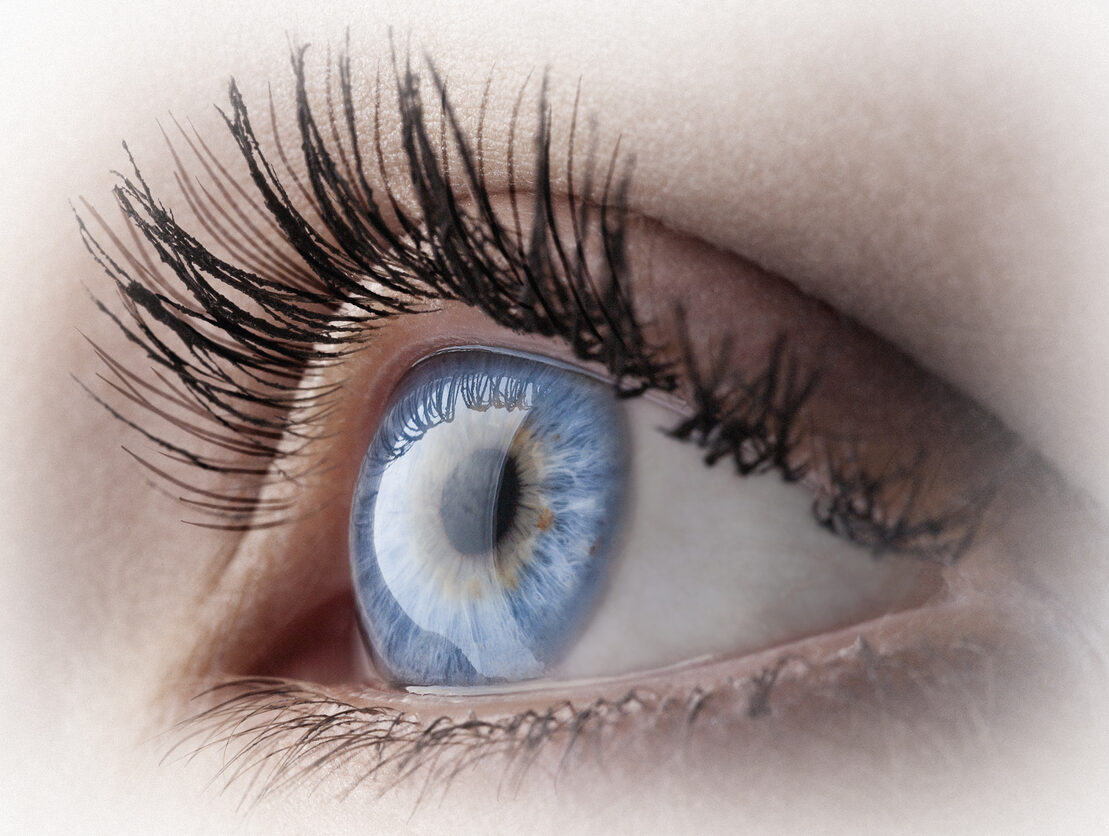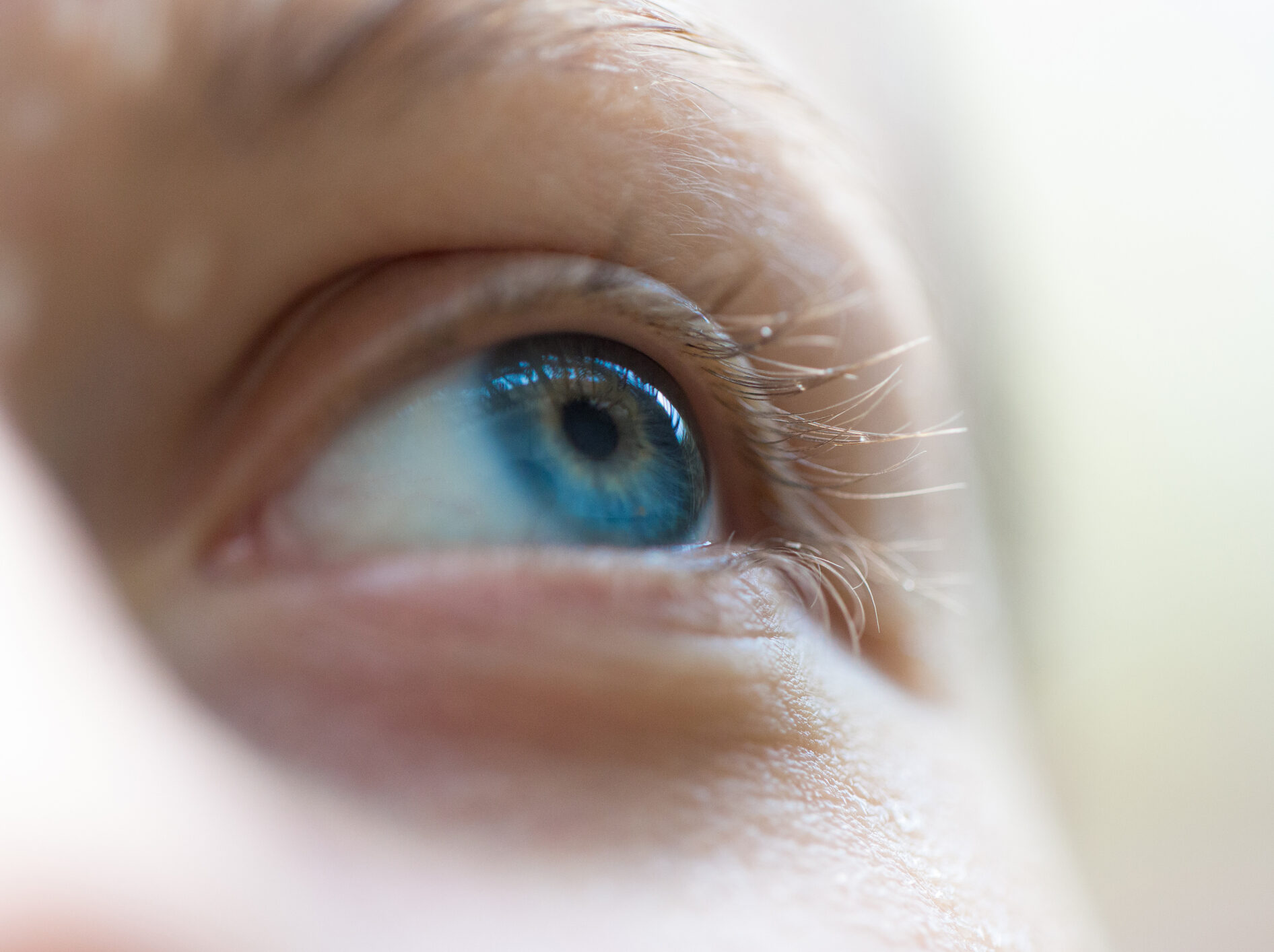
Retinal Detachment Treatment and All about it
The retina is a thin layer of tissues located near the optic nerve; its purpose is to receive light, which is focused by the lens, and convert it to signals that are sent to the brain to achieve visual recognition of the surrounding world. However, the retina can be affected by diseases as in retinal detachment that impedes its function and causes vision loss if it is left untreated. In the following article, Healing Consulting provides you with all what you need to know about retinal detachment treatment and its post-operative instructions.
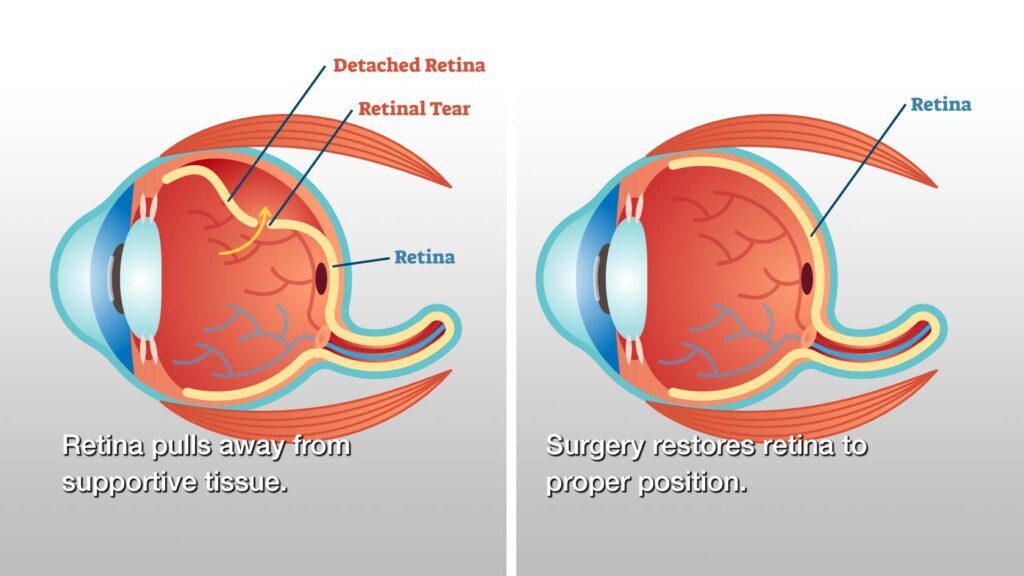
Retinal Detachment Treatment
Retinal tear treatment is a surgical procedure that is performed for treating retinal detachment disease caused by its rupture or the drainage of vitreous gel from the retina, which fills the back of the eye, resulting in its detachment. The surgery, however, repairs the retina, reattaches it into its place, boosts the connection between its parts, and supports it with blood and oxygen, which protects the patient from suffering from vision loss.
Retinal Detachment Surgical Processretinal detachment diagnosis
Methods used to treat retinal detachment are various; each one is determined according to retinal tear causes and size of the tear. Types of anesthesia, applied to this procedure, also vary according to the patient’s condition, from local anesthesia to general one, especially in children or hypersensitive patients. However, the main purpose of performing the operation is to reattach the retinal into its normal place by using laser, gas bubble injections, intravitreal injections, or even suturing the eye by interlacing the sclera to prevent retinal re-detachment.
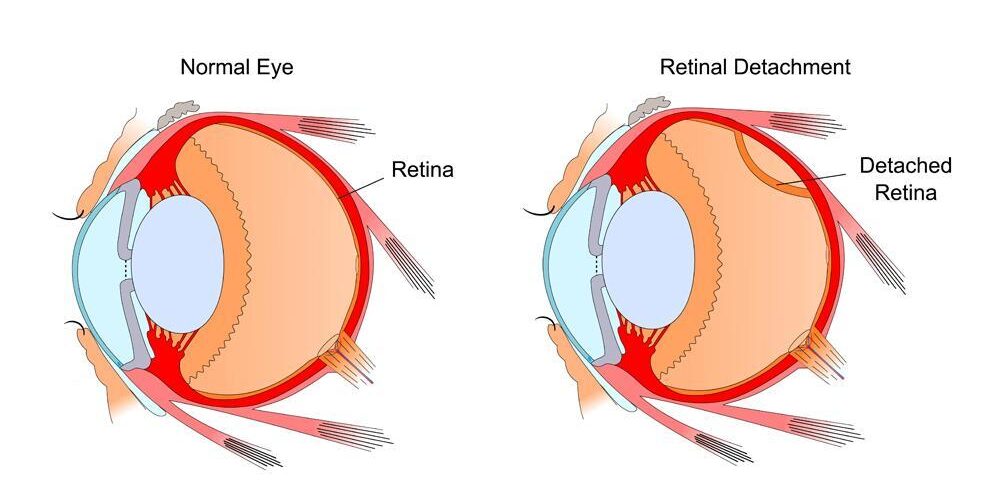
Post-Operative Instructions
Studies have shown an increase in this operation efficiency at treating retinal detachment to nearly 90%, including serous retinal detachment cases. However, signs like eye redness can be noticed after having the surgery. It is also worth noting that vision improvement is one of the first positive signs of the success of retinal detachment surgery.
Following post-operative instructions, including having medicines and using eye drops on time, is also essential. Moreover, the patient should avoid sun exposure, smoking, or wearing makeup until complete recovery.
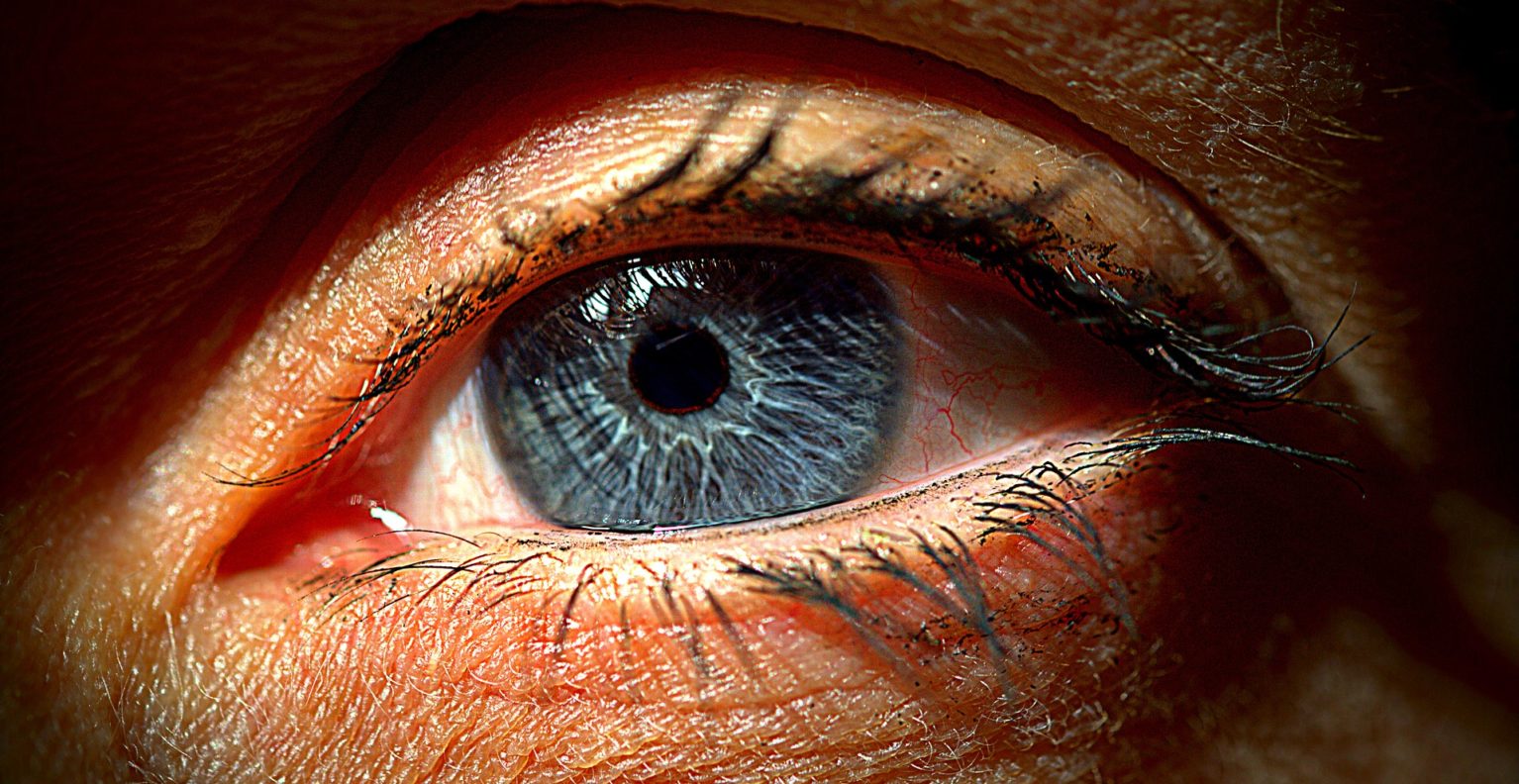
In brief, retinal detachment treatment results in improving the patient’s vision that starts with an early retinal detachment diagnosis that helps the patient avoid suffering from blurry vision or vision loss.
Our Healing Consulting medical team is always ready to provide patients with the best medical care before and after retinal detachment procedure, we also offer our free consulting service to our patients at any time, so don’t hesitate to contact us.
Make An Appointment Now
All copyrights reserved to Healing Group institution





